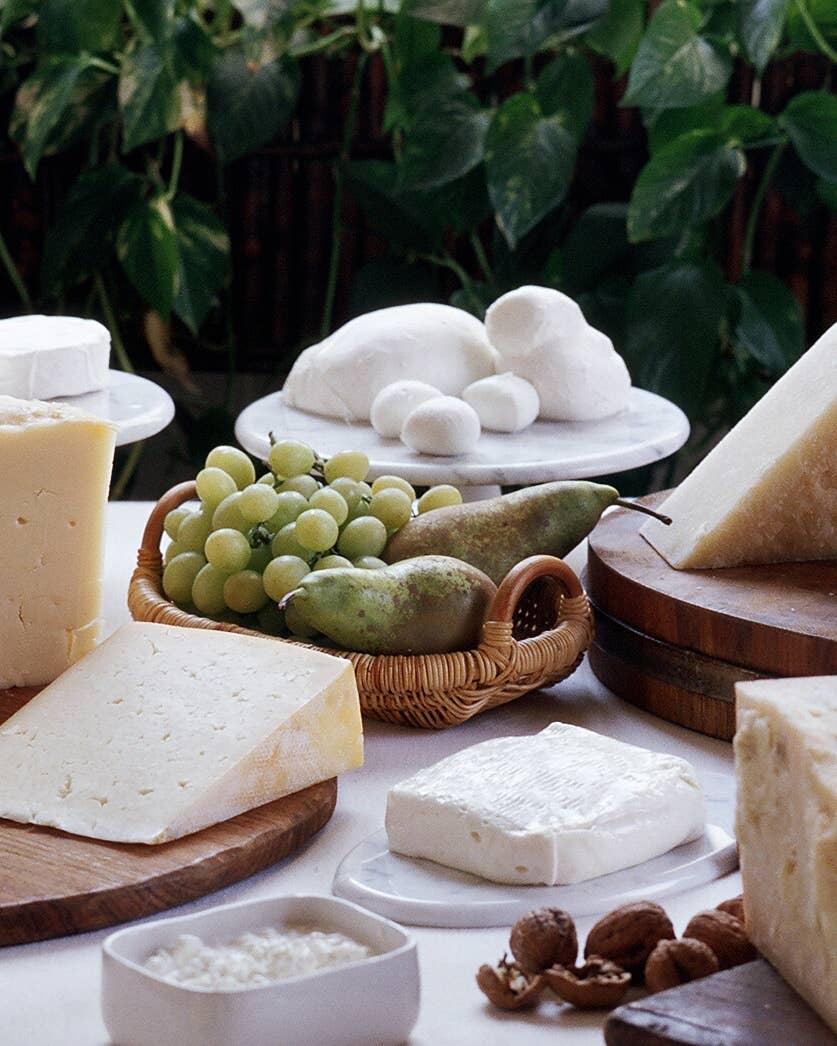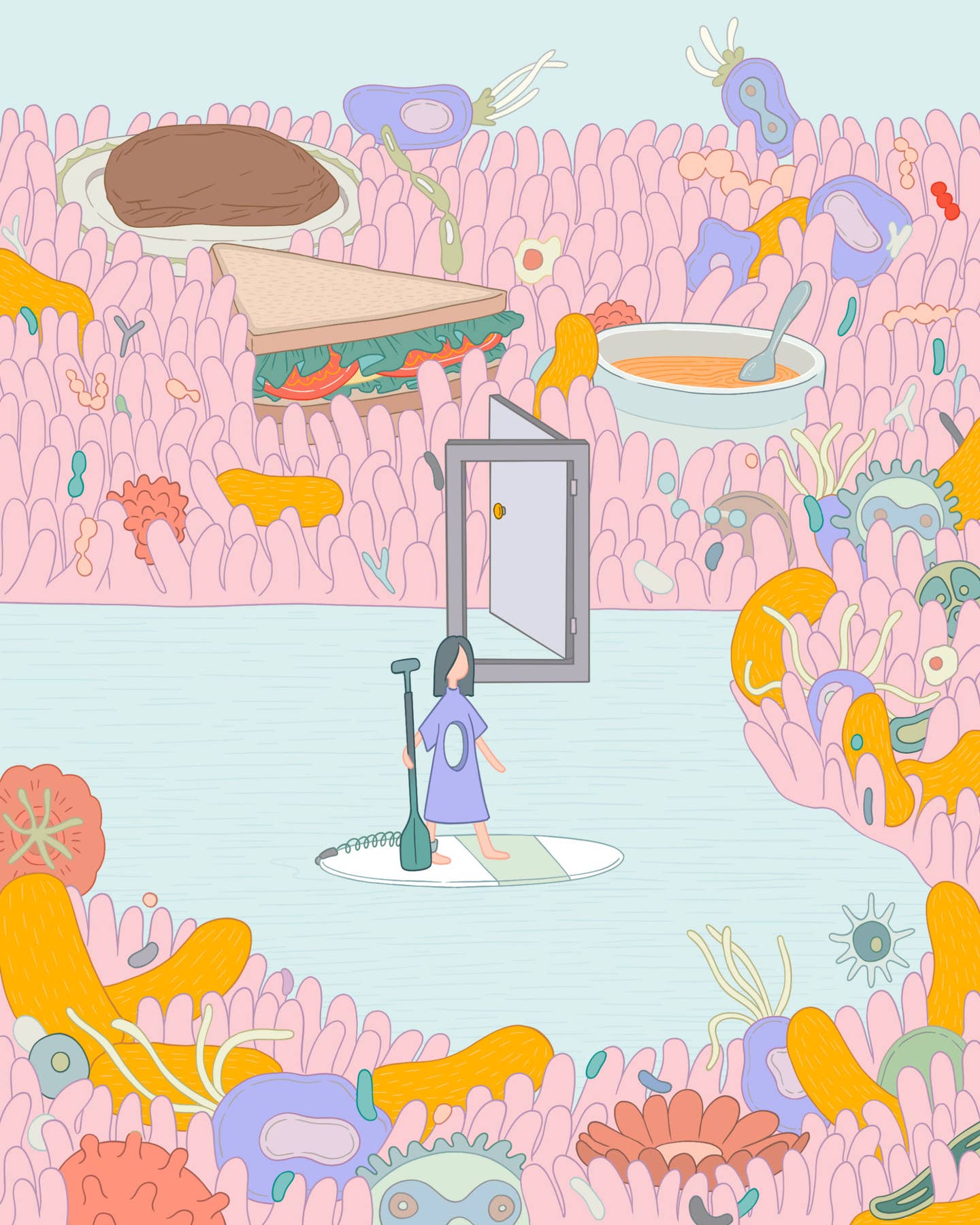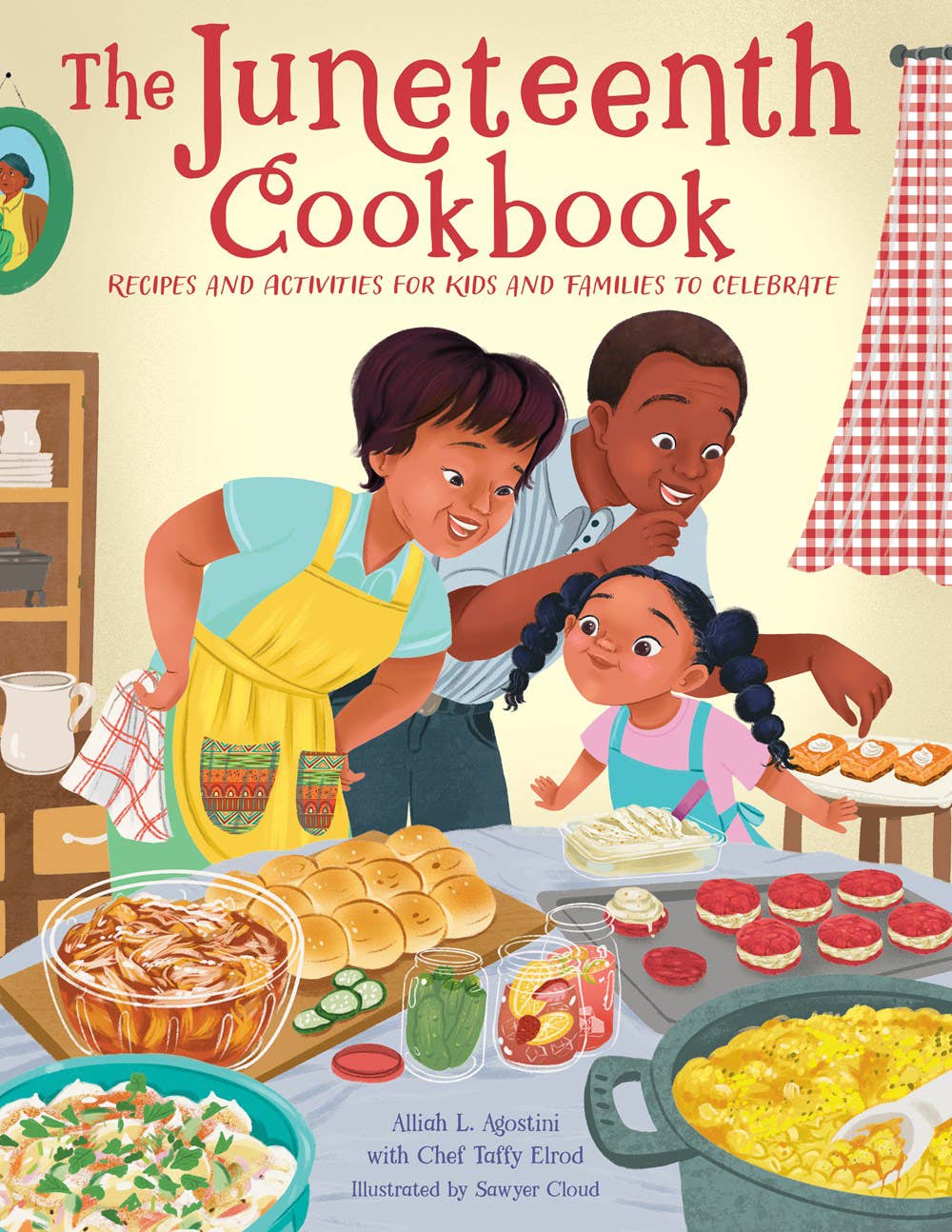
Until the age of seven, I thought my father was a movie star. He left the house every day wearing a tuxedo and whistling Yves Montand. He returned every night with pockets full of money. Edmond Louis Le Draoulec was a waiter. Not the kind who keeps a screenplay in his sock drawer, but a career waiter—right down to his collection of satin cummerbunds.
My father lived to seduce diners with his expertise and tableside charm. He felt that every meal was special, and had little patience for those who didn't see waitering as an art. This set the course for my life as a food writer. I turned down the job of restaurant critic at the New York Daily News twice because I didn't want to tell people not to go to a restaurant. When I finally accepted in 2001, I imagined my parents as the diners I would write to, people who cherished every meal and every dime.
From the early 1960s through the late 1990s, my father worked in some of Los Angeles's most celebrated dining rooms: Scandia, The Saloon, The Ambassador Hotel. Each morning before school, he would regale my sister and me with tales from his shift: "The chef was so angry, he flung a bread roll at Mario!" "The hostess is giving Jean-Louis all the best tables, c'est louche." "The paparazzi were out in full force last night." While he spoke, my mother would brush his tuxedo jacket, which smelled of shrimp scampi, cigarettes, and cologne. First, she'd scatter the contents of the pockets on the table: champagne corks, breath mints, the occasional escargot shell (for his girls), and, of course, cash. My father would interrupt his narrative to tell her about the canard a l'orange or Dover sole he'd brought home for our lunches.
In 1941, Edmond and his parents fled occupied Brittany and hid on the tiny island of Porquerolles, in Provence, and food was scarce. He likes to tell the story of the day he stumbled upon a barrel of lard that had washed ashore, presumably from a sunken warship. It may as well have been a pot of gold, he says, because they could use it to fry potatoes. I've wondered if his career had to do with silencing that growling stomach.
Living with his parents in Nice, at 16, my father took a summer job as garçon de cafe at a beachside terrace. Instead of going back to school, he signed up for fine-dining training at a hotel in Evian, France. He never looked back. In 1960, he crossed the Atlantic to work at the swank Beaver Club in Montreal. There, he met my mother, Lucette, also fresh off the boat from France. She, too, had known hunger. He took her out for a steak dinner but he was so smitten, he couldn't eat. Lucette directed her fork at his T-bone: "May I?" They were married six months later.
Edmond and Lucette bought an old Chevrolet and followed Route 66 until they reached Santa Monica, California. They found an apartment the day they arrived, after which my father went out for a smoke. He poked his head inside a restaurant called The San Francisco and was hired on the spot. Finding a job was never a problem. The network of French expat waiters was thick. Keeping one was another story. One chef fired him for refusing to deliver a New York strip he deemed overcooked. He was dismissed from another restaurant for trying to unionize, and yet another for passing the bartender pilfered steaks.
Yet there were places where he stayed put, and despite the odd hours, my father was a family man. During the Scandia years, we would go camping at Leo Carrillo State Park, near Malibu. He couldn't take time off, so he would swim with us by day, slip into his tux, and drive to work in the afternoon. The first thing I'd see the next morning was his uniform hanging from the branch of a sycamore.
My father developed close relationships with many of his regulars, who showed their appreciation by slipping him cash. While he felt no guilt swiping a lobster from the walk-in, my father was fanatical about sharing tips with the other waiters. Some tips were priceless. When my mother was diagnosed with cancer at 63, one of my father's customers, a doctor, got her the best surgeon.
By the time I became a critic, my father's health had declined and he wasn't able to travel much. Still, I felt him there with me, night after night, condemning a mere fish soup that dared call itself bouillabaisse, or praising the bartender who had bothered to float a lemon zest in my Kir. On his last visit to New York, he joined me on a review of Thomas Keller's Per Se. The service was flawless. I wanted so badly to tell our waiter that he was in the presence of a pro. But by then, long retired, my father was ready to be fawned over. That was gift enough.
Keep Reading
Continue to Next Story










